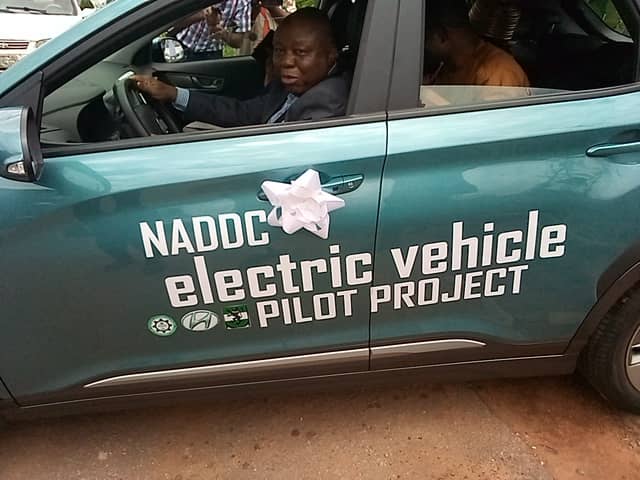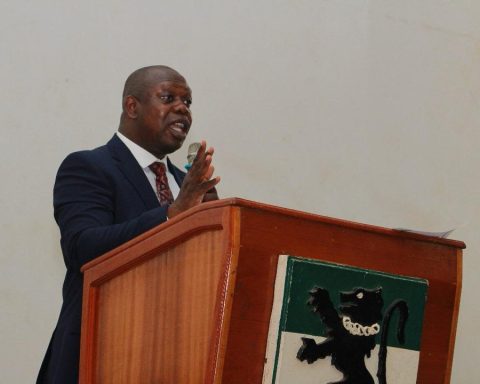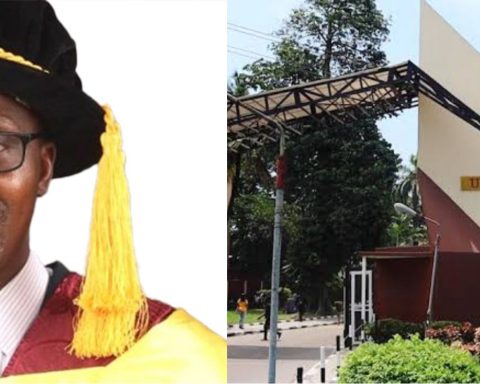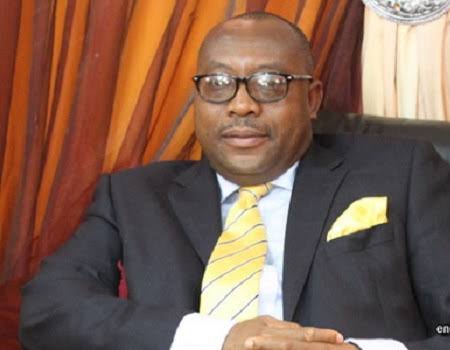By Elijah Akuma
At a time Nigeria is battling with energy crisis, especially automobiles, given the recent spike in petrol price, there is increasing quest for exploring alternative energy source.
Recently, a new solar-powered Electric Vehicle (EV) charging station was commissioned in the University of Nigeria Nsukka (UNN), in what seems to be a promising future for the automobiles sector in Nigeria.
Join our WhatsApp ChannelThe National Automotive Design and Development Council (NADDC) commissioned a 100 per cent solar-powered electric vehicle charging station at UNN on 17 August 2023.
The pilot project is part of the EV development project outlined in the National Automotive Industry Development Plan (NAIDP) for 2023. The NADDC is spearheading the project with the goal of encouraging EV adoption in Nigeria.
On 30 August, Prime Business Africa correspondent visited the charging station in UNN campus to see the status of the commissioned facility. The correspondent spoke with the officials and local EV enthusiasts to get a sense of the current state of the project.
In an interview with Prime Business Africa, the station’s engineer, Chinedu, revealed that seven students on Industrial Training recently completed a program at the station. He added that one PhD and two master’s students are still conducting research on the station.
In his words, “We’ve been hard at work since the project was commissioned. We meet every week to discuss progress and challenges. We’re currently working on converting buses to run on solar energy, and we hope to have it ready by December.”
Chinedu’s comment shows that work on the station is ongoing and that progress is being made.
When asked about the time frame for the project, he explained that the parts for the charging station are being imported from China, which takes 4-5 months by ship. The lengthy shipping time has slowed progress on the project, he said.
Chinedu also mentioned that a local transportation company, Peace Mass Transit, has agreed to donate some of their buses with worn-out engines for the project. The goal is to convert these buses to run on electric power, as a test run before investing in the project on a larger scale. This shows that the project is gaining momentum and support from the local community.
Speaking further on EV project, Chinedu said that when fully charged, the vehicles can travel up to 450 kilometers before needing to be recharged.
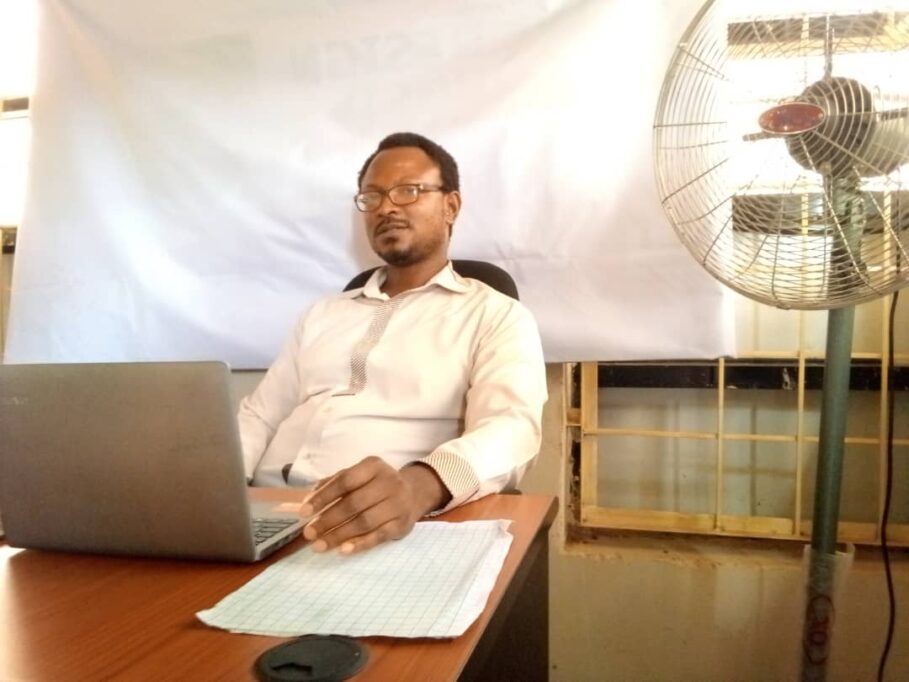
He also explained that the batteries are measured in kilometers, rather than percentages, which is a common way to measure the charge of electric vehicles. This information provides more insight into the technical aspects of the project.
Chinedu further disclosed that they are collaborating with two local companies, Super Lions, who convert tricycles also known as keke, to run on electric power. According to him, they currently have three working Keke in Enugu area, which demonstrates that they are ready to expand the project to other vehicles.
One challenge faced by the project, he said is that when the electric vehicle was first commissioned, it did not have a licence plate, which limited its use to the university campus. Once a license plate is acquired, the vehicle can be driven in other areas.
According to Chinedu, another challenge facing the project is a lack of funding. In order to move forward with the project, they will need to seek grants and write proposals to request funding from relevant organisations. Without adequate funding, the project will not be able to move forward.
The electric vehicle station at UNN has been described as one of the most sophisticated and best solar projects ever commissioned in Nigeria. Compared to similar projects at the University of Lagos and Usman Danfodiyo University, Sokoto, the UNN station is said to be the simplest and most advanced. This is a testament to the work done by the team at UNN.
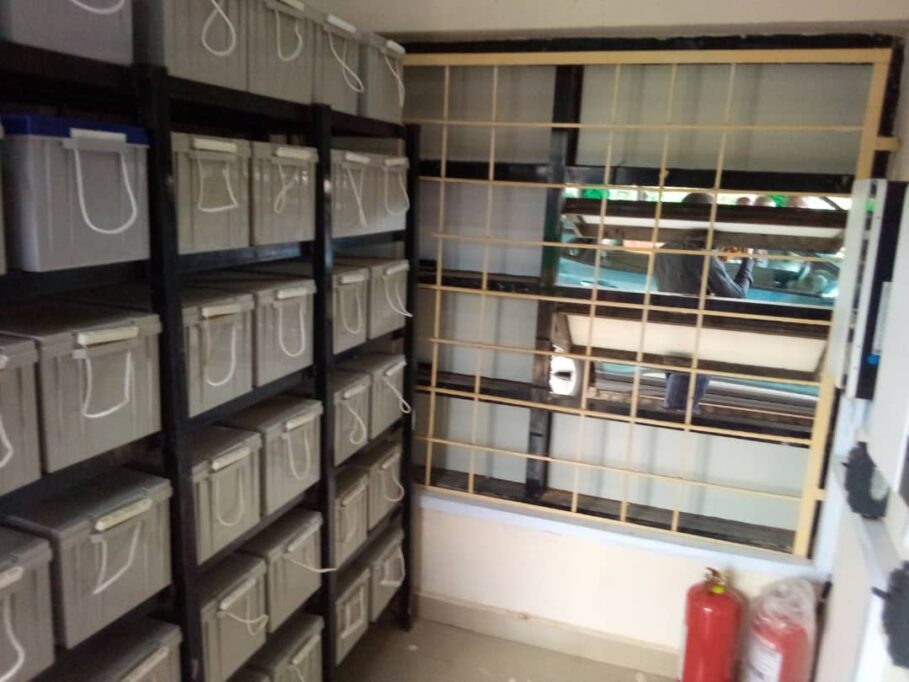
The commissioning of the UNN electric vehicle station was delayed for over a year, but the project team is confident that it is the most advanced of its kind in Nigeria. They are proud of the work they have done and believe that it will serve as a model for other institutions.
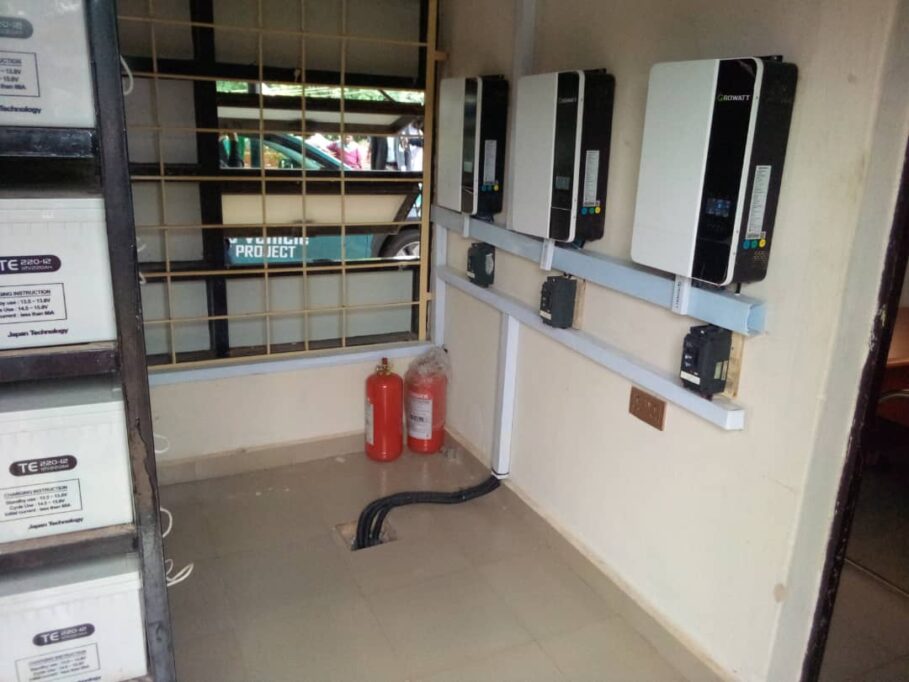
The project team is made up of seven staff members, including engineers from the departments of Mechanical Engineering, Electrical Engineering, and Africa and Bio-resource Engineering. They are currently being trained to operate and maintain the EV station, and will be responsible for ensuring its smooth operation. This team is committed to making the project a success.
READ ALSO: UNN Student Entrepreneurs 2023
The team behind the UNN electric vehicle station has big plans for the future. They hope to have multiple electric vehicles running on solar energy, and they want to encourage people to purchase electric vehicles in order to reduce their fuel expenses and environmental impact. The team is committed to making this a reality.
Currently, the EV station is used for practical projects by IT and final year students at UNN. This gives students the opportunity to gain hands-on experience with electric vehicles and solar technology, which can be valuable in their future careers. It also helps to promote the use of clean energy and reduce the university’s carbon footprint.


